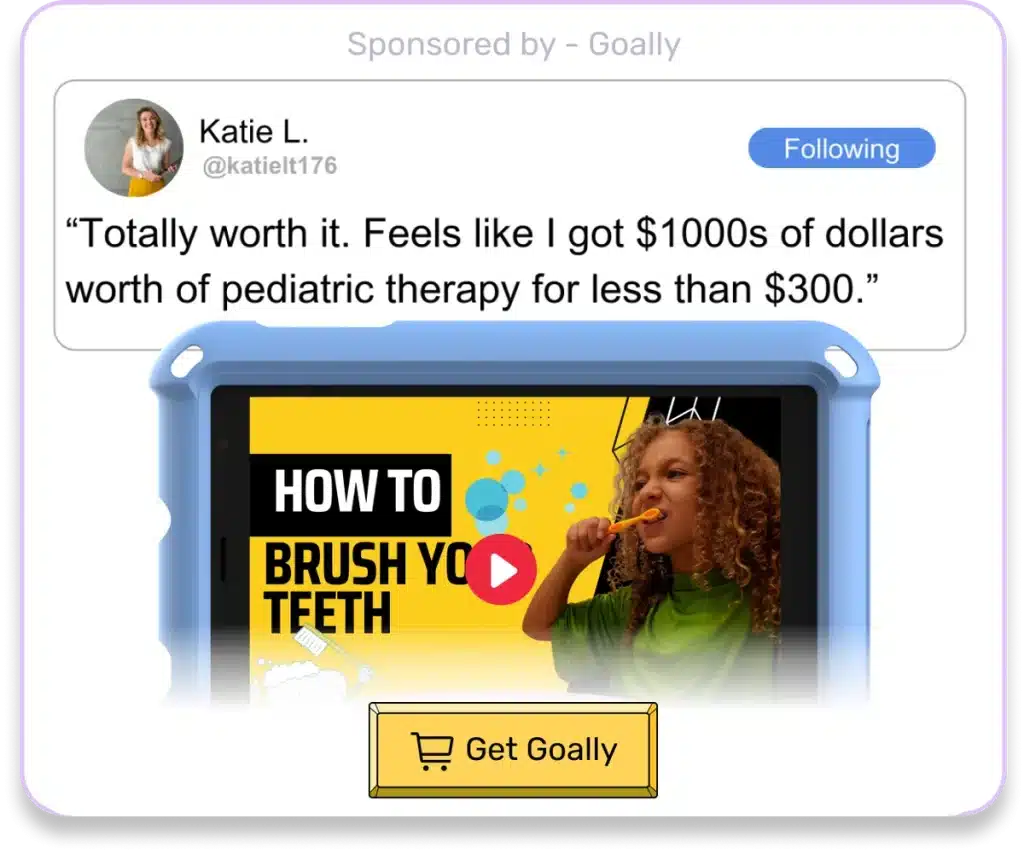You want the best for your child, and that includes helping them navigate the challenges they may face with learning. Recognizing learning disabilities symptoms early on can make a difference in supporting your child’s growth and development. In this blog post, we’ll explore the signs of various learning disabilities, offer tips on supporting your neurodivergent kids, and provide resources to help you and your child thrive.
Table of Contents
Common Learning Disabilities Symptoms: What to Look For
Learning disabilities can show in various ways, and each child’s experience is unique. However, some common symptoms could mean they have a learning disability. Remember that these signs can also be present in children without learning problems, so it’s essential to consult with a professional.
| Area of Difficulty | Symptoms |
|---|---|
| Reading | Struggling to recognize letters, slow reading speed, or difficulty understanding what they’ve read. |
| Writing | Poor handwriting, trouble organizing thoughts on paper, or difficulty with grammar and spelling. |
| Math | Difficulty understanding basic math concepts, trouble with problem-solving, or difficulty remembering math facts. |
| Attention | Difficulty staying focused, easily distracted, or trouble following instructions. |
| Memory | Difficulty remembering information or following multi-step directions. |
| Coordination | Clumsiness, difficulty with fine motor skills, or trouble with activities that require hand-eye coordination. |
“Which language games will help my kid the fastest?” 👇
Goally’s tablet has some of the top language learning games & apps that help kids learn their first 50 words, practice finger dexterity & fine motor skills, AND communicate with AAC.
Supporting Your Child: Strategies for Success
Once you’ve identified learning disabilities symptoms in your child, it’s crucial to take action and provide the support they need. Here are some strategies to help your child succeed:
- Seek professional help: Consult with a pediatrician, psychologist, or educational specialist to asses your child and develop an appropriate intervention plan.
- Collaborate with educators: Work closely with your child’s teachers and school staff to ensure they receive the necessary accommodations and support in class.

Read more: Learning Disability Test for Kids
Establishing a routine and breaking tasks into smaller steps can also benefit kids with thinking and learning differences. Consistent routines can help them feel more secure and focused while breaking tasks into steps can make them easier for your child.
- Establish a routine: Consistent routines can help kids with thinking and learning differences feel more secure and focused.
- Break tasks into smaller steps: Breaking tasks into steps can make them less overwhelming for your child.
Visual aids and open communication are also essential in supporting your child’s learning journey. Visual aids like charts, diagrams, and graphic organizers can help your child better understand complex concepts while building a supportive environment where they feel comfortable discussing their challenges and successes.
- Use visual aids: Visual aids like charts, diagrams, and graphic organizers can help your child better understand complex concepts.
- Encourage open communication: Foster a supportive environment where your child feels comfortable discussing their challenges and successes.
Resources for Parents of Neurodivergent Kids
Here are some valuable resources to help you on this journey:
- Understood.org: A comprehensive website offering expert advice, practical tips, and community support for parents of kids with thinking and learning differences.
- National Center for Learning Disabilities (NCLD): An organization dedicated to improving the lives of individuals with learning disabilities through advocacy, research, and resources.

Read more: Does My Child Have a Learning Disability?
The Learning Disabilities Association of America (LDA) and Goally are also excellent resources for parents. LDA is a national organization providing support and resources for people with learning disabilities and their families. Goally offers a learning tablet for kids and apps designed specifically for neurodivergent children, providing tools and resources to help them succeed academically and socially.
- Learning Disabilities Association of America (LDA): A national organization providing support, resources, and advocacy for individuals with learning disabilities and their families.
- Goally: Goally offers a learning tablet for kids and apps designed specifically for neurodivergent children. Providing tools and resources to help them succeed academically and socially.
Goally | Skills Training Videos for Kids
Does your child need some extra guidance on building essential life skills? Goally’s TV app for kids has the most robust video library of skills training videos for kids. Ranging from content like “How to Brush Your Teeth” to “How to Make Friends at School,” we have dozens of interactive video lessons for kids with thinking and learning differences.
Dive into the Goal Mine channel, where Puffy the Penguin leads your child through behavior skills training videos. They’ll learn social, hygiene, and living skills that are key to their independence. For those moments when they need a break, the Chill Zone channel offers low stimulation video content with Paulie the Penguin at the beach, perfect for relaxation and self-regulation.
Embracing Your Child’s Unique Learning Journey
Recognizing learning disabilities symptoms is the first step in supporting your child’s unique learning journey. By understanding their challenges, collaborating with professionals and educators, and using valuable resources, you can help your child reach their full potential.
This post was originally published on 05/06/2023. It was updated on 11/07/2023.

Goally
We help parents teach their kids life skills, like doing bedtime and morning independently. Backed by science, we incorporate evidence-based practices and expert-informed designs in all of our apps and content.







